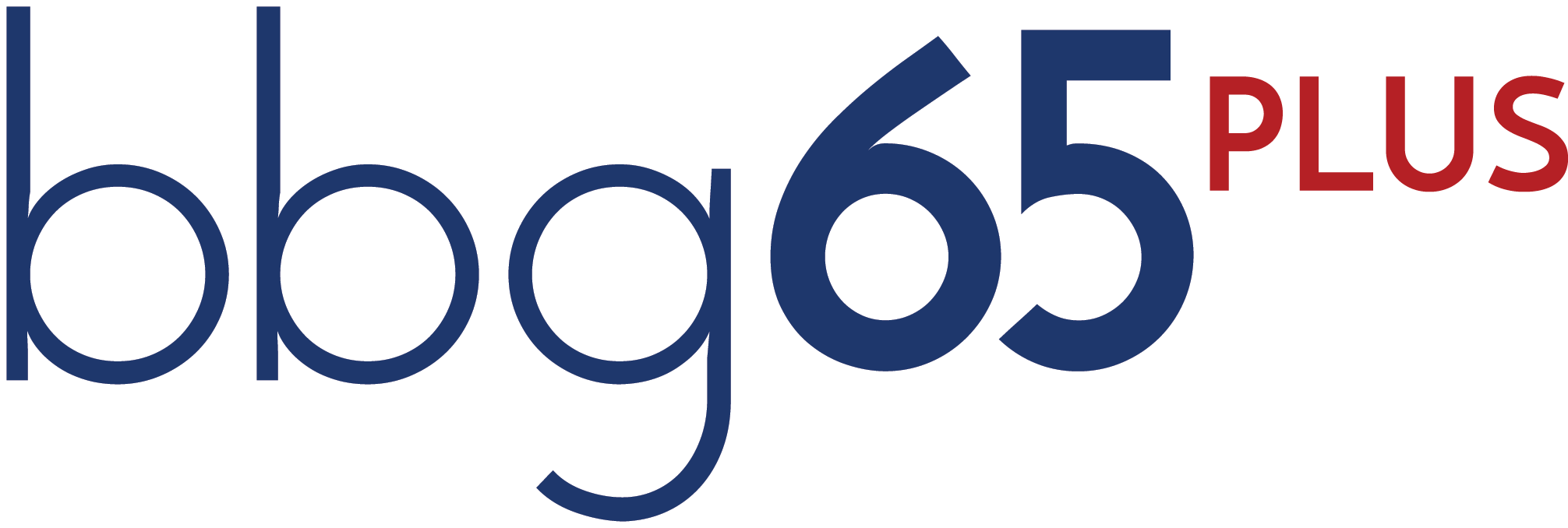 Can’t tell you how many calls and emails we get from panic-stricken employees nearing that magic 65th birthday and Medicare eligibility. It happens a lot. A whole lot.
Can’t tell you how many calls and emails we get from panic-stricken employees nearing that magic 65th birthday and Medicare eligibility. It happens a lot. A whole lot.
Some folks think if they don’t sign up three months before they turn 65 they’ll be in trouble. Others think the drop dead date to sign up is their birthday. And, many, many people think if they don’t enroll in Medicare by those dates they either won’t be eligible at all, or they’ll be penalized and get socked with much higher premiums.
Here’s the scoop:
THE MEDICARE INITIAL ENROLLMENT PERIOD IS 7 MONTHS LONG. IT INCLUDES YOUR BIRTHDAY MONTH, THE 3 MONTHS BEFORE AND THE 3 MONTHS AFTER.
Here are some basics, courtesy of Medicare Made Clear, that employees approaching their 65th birthday may want to know and save them from hitting the panic button:
1.) You Have a Set Time to Enroll in Medicare
Your Medicare Initial Enrollment Period (IEP) is 7 months long. It includes:
- The 3 months before the month you turn 65
- The month you turn 65
- The 3 months after the month you turn 65
Medicare Enrollment Date Calculator.
2.) You Can Delay Medicare Part B
Most people get Part A (hospital insurance) premium-free because they or a spouse worked and paid taxes. Part B (medical insurance) has a monthly premium.
You can delay signing up for Part B if you have other health care coverage like employer-sponsored health coverage. Having employer-sponsored health coverage gives you to the option to delay signing up for Part B, qualifies you for a Special Enrollment Period, and precludes you from getting hit with Late Enrollment Penalties if you elect to delay Part B.
3.) There Are Two Ways to Get Medicare
Medicare gives you two Medicare Coverage Options:
- Original Medicare (Parts A & B), the traditional way
- Medicare Advantage (Part C), an alternative to Original Medicare
Original Medicare is administered by the federal government. Medicare Advantage plans are offered by private insurance companies approved by Medicare. They must provide all the same benefits as Original Medicare Parts A and B. Many plans include additional benefits, such as prescription drug coverage and more.
4.) Medicare Doesn’t Cover Everything
Original Medicare doesn’t include coverage for prescription drugs. You may buy a standalone Prescription Drug Coverage (Part D) plan to get this coverage.
Some people also buy a Medicare Supplement Insurance (Medigap) plan to help with some costs not paid by Original Medicare.
Generally, you don’t need additional coverage if you choose a Medicare Advantage plan.
7 Months. That should make some breathe easier.

